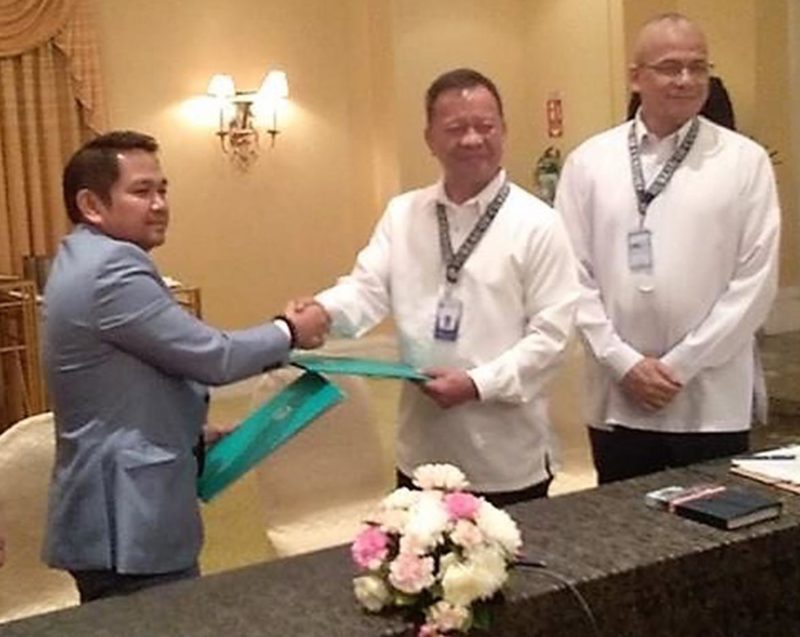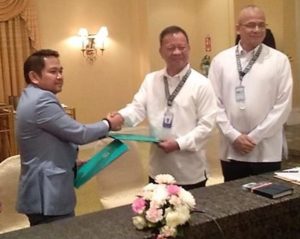

The Philippine Bureau of Customs (BOC) and Chamber of Customs Brokers, Inc. (CCBI) have signed a memorandum of agreement (MOA) authorizing personnel and experts from CCBI to observe and act as witnesses during physical examination of alerted shipments in case cargo owners are absent.
The MOA, which was signed on March 20, aims to examine and develop ways to improve cooperation between BOC and CCBI with a view “to enhance port operations, while combating smuggling, monitoring injurious import transactions and fraudulent valuation, and facilitating trade.”
The MOA was a by-product of previous meetings on trade facilitation held between BOC, CCBI, and Manila port operators, BOC said in a statement.
According to the MOA, it is a perennial concern when a shipment’s importer, owner, customs broker, or authorized representative is absent or cannot be found since this results in “congestion and other inefficiencies in port operations.”
Customs commissioner Isidro Lapeña said “the absence of customs brokers or importers often results in the delay of examination of alerted shipments.”
Under the MOA, BOC, in its discretion and “under exceptional circumstances such as, but not limited to, when the importer, owner or its customs broker or authorized representative is absent or cannot be located,” can request CCBI to provide technical experts or personnel to assist in the physical examination of shipments in cases where BOC is authorized to conduct examination.
CCBI experts or personnel shall only act as witnesses during physical examination and their function limited to “making a record or statement as to the contents of the shipment which they observe.”
”The opinion or statement of the CCBI personnel shall in no way be used to cause delay in the processing of any shipment,” the MOA notes.
It adds that “in the proper performance of their functions under this agreement, CCBI personnel shall not be liable for any damages which may be caused to the importer or owner of the goods examined, absent any finding of fraud or gross negligence on their part.”
CCBI for its part will provide BOC with a complete list of qualified and available experts and personnel to assist in the physical examination of shipments. The group will also accomplish reports to BOC, particularly on shipments that were monitored by CCBI personnel to have discrepancies.
In his message during the MOA signing, Lapeña reiterated that alert orders should no longer cause fear among importers.
Lapeña stressed that alert orders are issued to verify the derogatory report received by the BOC. Alerted shipments with no irregularities will be immediately released by the BOC, while those with verified violations will be held accountable and penalized under the law.
“This move will compel importers especially those smugglers to comply with what is proper and declare the correct valuation so the government will have its rightful revenue,” said Lapena.
Meanwhile, CCBI president Atty. Ferdinand Nague expressed his commitment to help the BOC carry out more efficient trade facilitation initiatives in the country.
Under the MOA, BOC and CCBI will “continuously enhance the relationship for a more efficient and effective performance of their respective functions.” – Roumina Pablo




